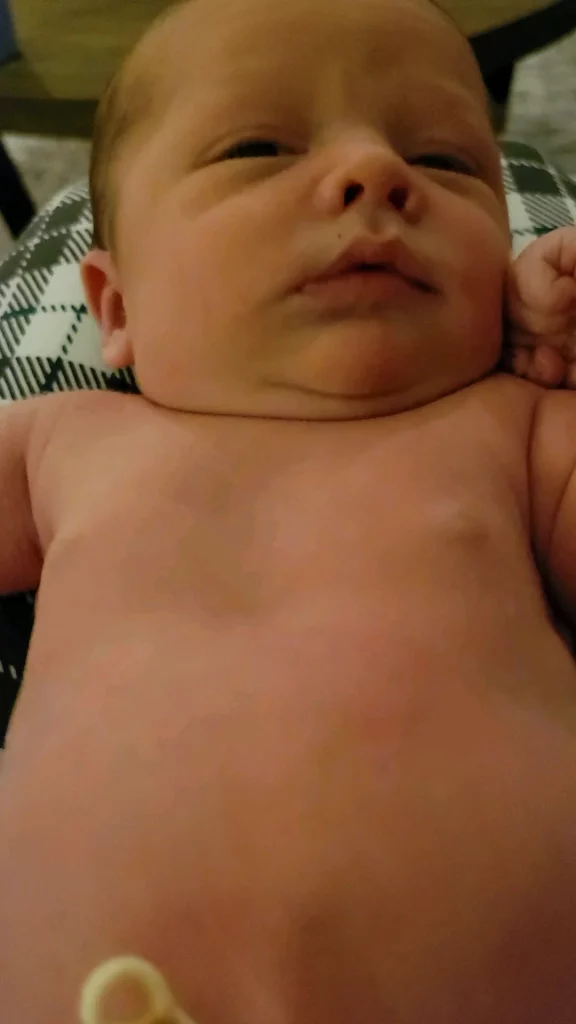
Signs Your Baby Is Not Happy
1. Crying without a cause - it's frustrating for mom and baby!
 image source: reddit.com
image source: reddit.com
Babies communicate through crying, but if the crying becomes persistent and doesn't seem to have a specific reason such as hunger, discomfort, or tiredness, it could indicate a deeper underlying issue causing distress, such as colic or illness. It's important to try to identify any potential triggers or patterns in the crying.Advertisement
2. They're always fussy... especially after feeding!
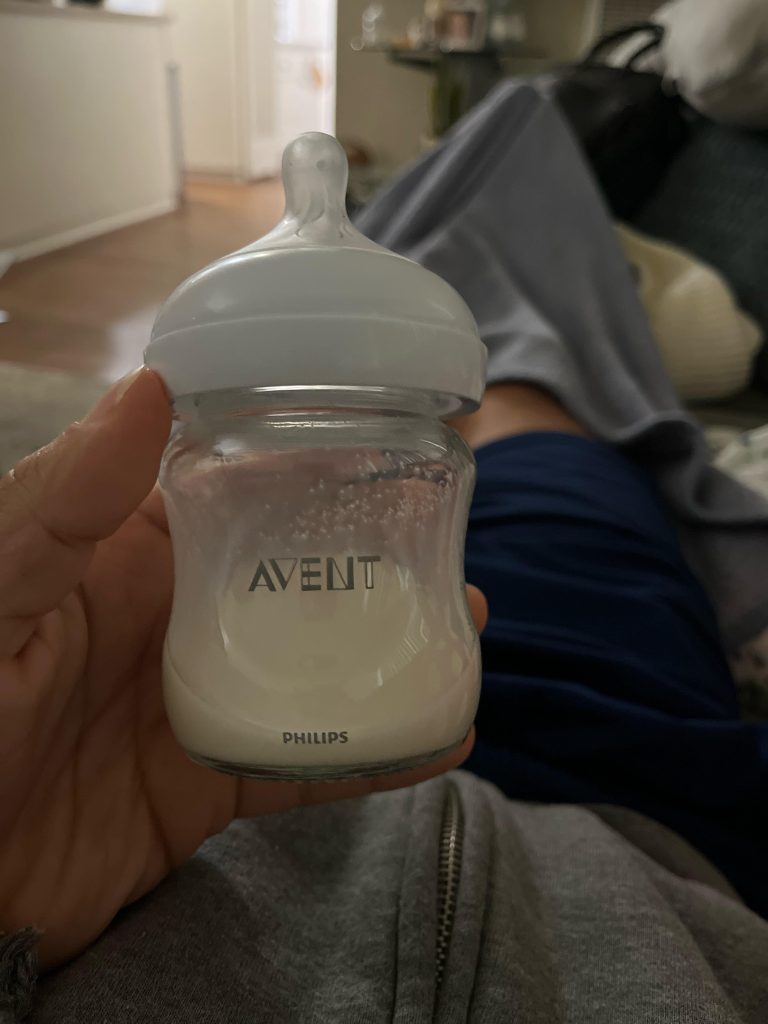 image source: reddit.com
image source: reddit.com
Fussiness after feeding or during diaper changes could indicate discomfort or irritation, such as gas, reflux, or sensitivity to certain foods or materials. It's essential to observe your baby's behavior and try different soothing techniques to address their discomfort effectively.Advertisement
3. They don't easily fall asleep (or stay asleep!)
 image source: reddit.com
image source: reddit.com
Babies need plenty of sleep for healthy growth and development, so difficulty falling asleep or staying asleep could indicate discomfort, overtiredness, or an inconsistent sleep routine. Creating a calming bedtime routine and ensuring a comfortable sleep environment can help improve your baby's sleep patterns.Advertisement
4. They don't show an interest in feeding (or don't eat at all)
 image source: reddit.com
image source: reddit.com
Babies typically have a strong instinct to feed, so a refusal to eat or lack of interest in feeding could signal various issues, such as discomfort, illness, or a feeding aversion. It's essential to monitor your baby's feeding habits and consult with a healthcare professional if you have concerns about their nutrition or feeding behavior.Advertisement
5. They're always restless or agitated
image source: reddit.com
Restlessness and agitation in babies may indicate discomfort, overstimulation, or frustration. It's important to provide a calm and soothing environment for your baby and try to identify any potential triggers for their restlessness to help them feel more settled.Advertisement
6. They don't make eye contact with you
 image source: reddit.com
image source: reddit.com
Eye contact is an essential form of communication and bonding between babies and caregivers, so avoidance of eye contact could indicate underlying issues such as anxiety, discomfort, or developmental delays. Encouraging gentle and positive interactions with your baby can help strengthen your bond and improve eye contact over time.Advertisement
7. They stiffen up when you hold them
 image source: reddit.com
image source: reddit.com
Arching of the back or stiffening of the body could indicate discomfort or a desire to be put down. It's essential to pay attention to your baby's body language and try different holding positions to see what makes them feel more comfortable and secure.Advertisement
8. They're always drooling or spitting up
 image source: reddit.com
image source: reddit.com
Excessive drooling or spitting up could indicate teething, reflux, or overfeeding. It's important to keep your baby clean and dry to prevent skin irritation and discomfort, and consult with a healthcare professional if you have concerns about their drooling or spitting up patterns.Advertisement
9. Everything about them is tense, including clenched fists
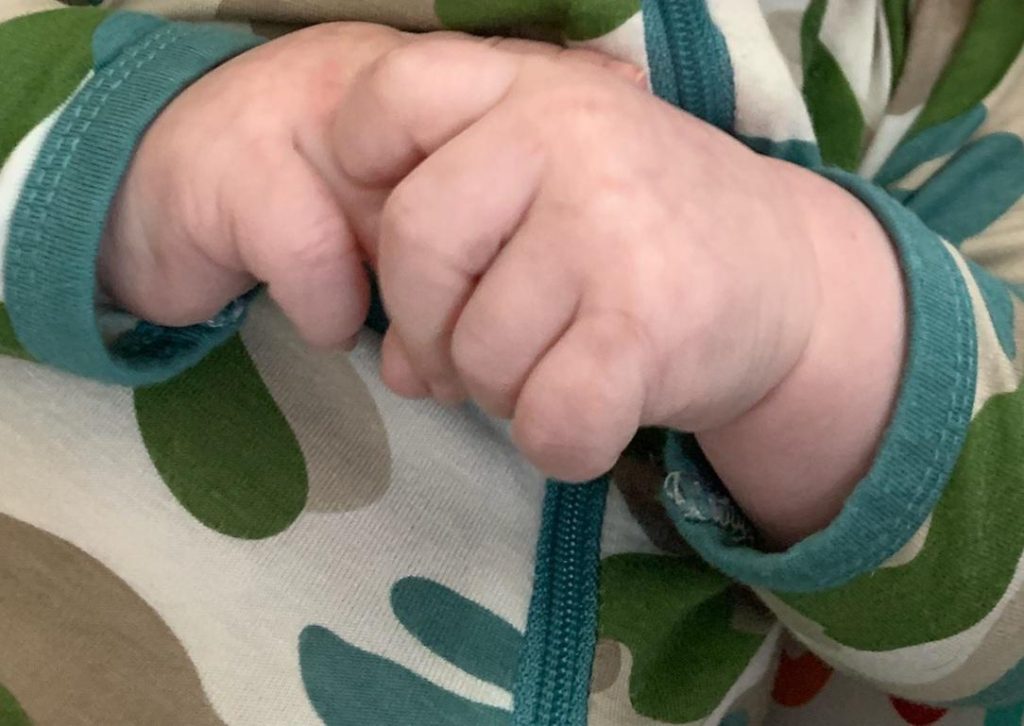 image source: reddit.com
image source: reddit.com
Clenched fists or tense body posture could indicate stress, discomfort, or overstimulation. Providing a calm and soothing environment for your baby and trying different relaxation techniques such as gentle massage or rocking can help them feel more comfortable and relaxed.Advertisement
10. Rocking them or singing to them has no effect
 image source: reddit.com
image source: reddit.com
Babies typically respond positively to soothing techniques such as rocking, singing, or gentle touch, so a lack of responsiveness could indicate underlying issues such as overstimulation, discomfort, or fatigue. It's essential to try different soothing techniques and observe your baby's response to identify what works best for them.Advertisement
11. They're always rubbing their eyes or ears
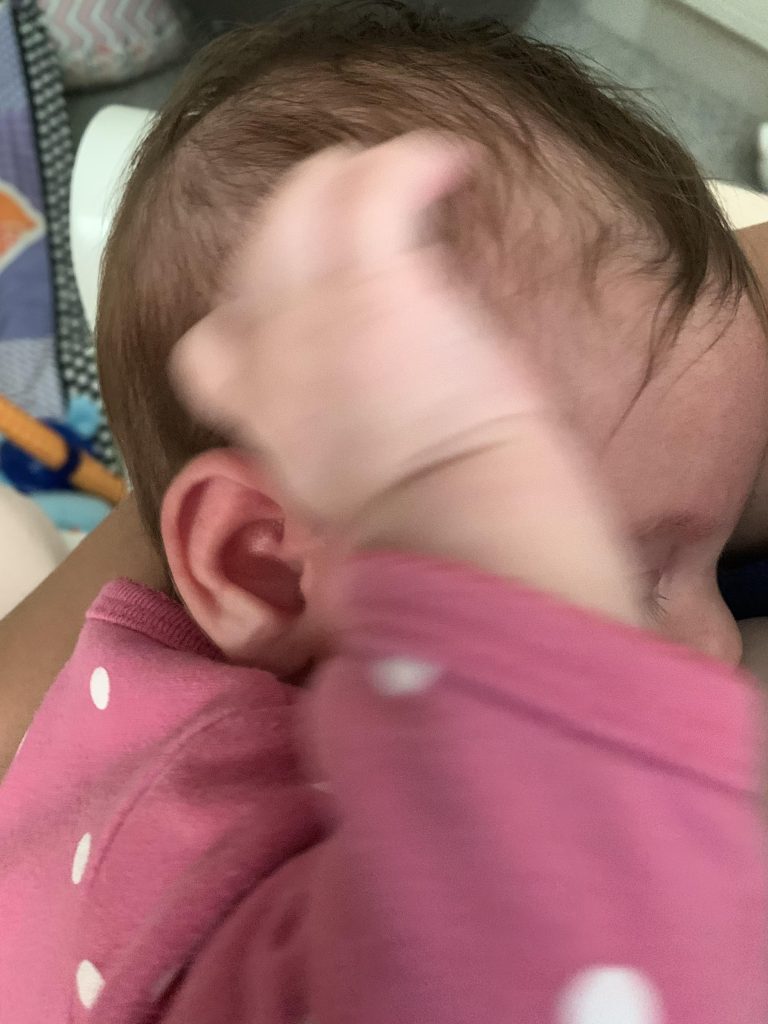 image source: reddit.com
image source: reddit.com
Rubbing of eyes or ears could indicate tiredness, discomfort, or irritation, such as from teething or ear infections. It's important to monitor your baby's behavior and look for other signs of discomfort, such as crying or fussiness, and consult with a healthcare professional if you suspect any underlying issues.Advertisement
12. They have excessive gas or bloating
 image source: reddit.com
image source: reddit.com
Gas and bloating can cause discomfort and distress in babies, leading to fussiness and irritability. It's important to burp your baby regularly during feeding and try different feeding techniques or formulas if you suspect gas or bloating is causing discomfort.Advertisement
13. They're irritable when touched or picked up
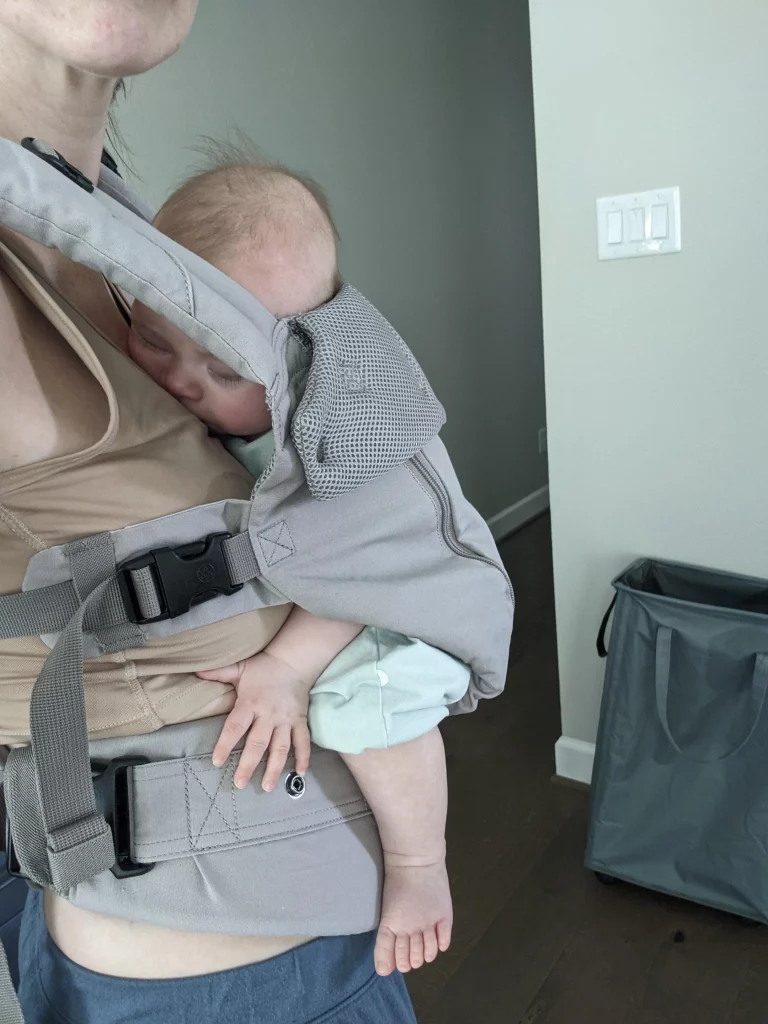 image source: reddit.com
image source: reddit.com
Babies typically enjoy physical contact and being held, so irritability when touched or picked up could indicate discomfort, overstimulation, or a desire for independence. It's important to respect your baby's cues and provide comforting touch in a gentle and reassuring manner.Advertisement
14. Their go-to facial expression is a frown
 image source: reddit.com
image source: reddit.com
Unusual facial expressions could indicate discomfort, pain, or distress in babies. It's essential to pay attention to your baby's facial cues and try to identify any potential triggers or sources of discomfort to address their needs effectively.Advertisement
15. They can't stick to a feeding or sleeping routine
image source: reddit.com
Babies thrive on routine and consistency, so difficulty maintaining a regular feeding or sleeping schedule could indicate underlying issues such as discomfort, overstimulation, or inconsistency in caregiving practices. Establishing a predictable routine and providing a calm and soothing environment can help improve.Advertisement
16. They get startled very easily
 image source: reddit.com
image source: reddit.com
Babies have a natural startle reflex, but excessive startle reflex or sensitivity to loud noises could indicate overstimulation or discomfort. It's important to provide a calm and soothing environment for your baby and minimize exposure to loud noises or sudden movements to help them feel more secure and relaxed.Advertisement
17. They're always sneezing or coughing
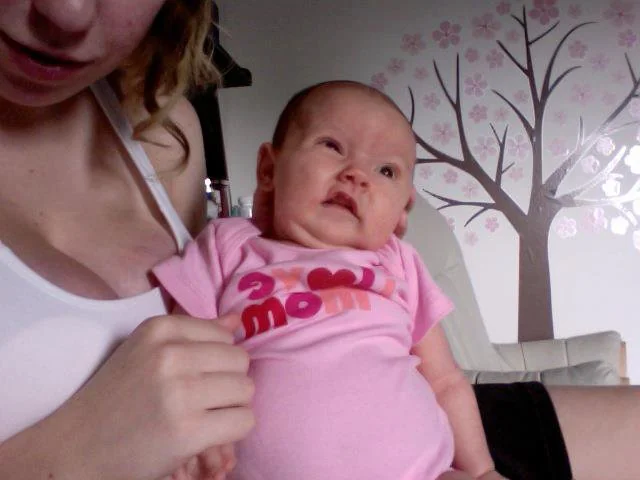 image source: reddit.com
image source: reddit.com
Sneezing or coughing can be signs of illness or discomfort in babies, such as allergies, colds, or respiratory infections. It's important to monitor your baby's symptoms and consult with a healthcare professional if you have concerns about their health or well-being.Advertisement
18. They're always drooping or slumping
 image source: csftl.org
image source: csftl.org
Excessive drooping or slumping could indicate fatigue, muscle weakness, or discomfort in babies. It's important to provide proper support and positioning for your baby to help them feel more comfortable and secure.Advertisement
19. Car rides or using a stroller are the worst
image source: reddit.com
Babies may become fussy during car rides or when in a stroller due to discomfort, overstimulation, or a desire for movement. It's important to provide a comfortable and secure environment for your baby during travel and try different soothing techniques to help them feel more settled.Advertisement
20. They want to be left alone
 image source: reddit.com
image source: reddit.com
Babies typically seek comfort and interaction from caregivers, so a preference for being left alone could indicate discomfort, overstimulation, or a need for independence. It's essential to respect your baby's cues and provide comforting presence and support as needed.Advertisement
21. They're always sucking their thumb
 image source: reddit.com
image source: reddit.com
Thumb sucking or other self-soothing behaviors can provide comfort and security for babies, but excessive thumb sucking could indicate underlying issues such as anxiety, discomfort, or boredom. It's important to provide alternative soothing techniques.Advertisement
22. They might be TOO clingy
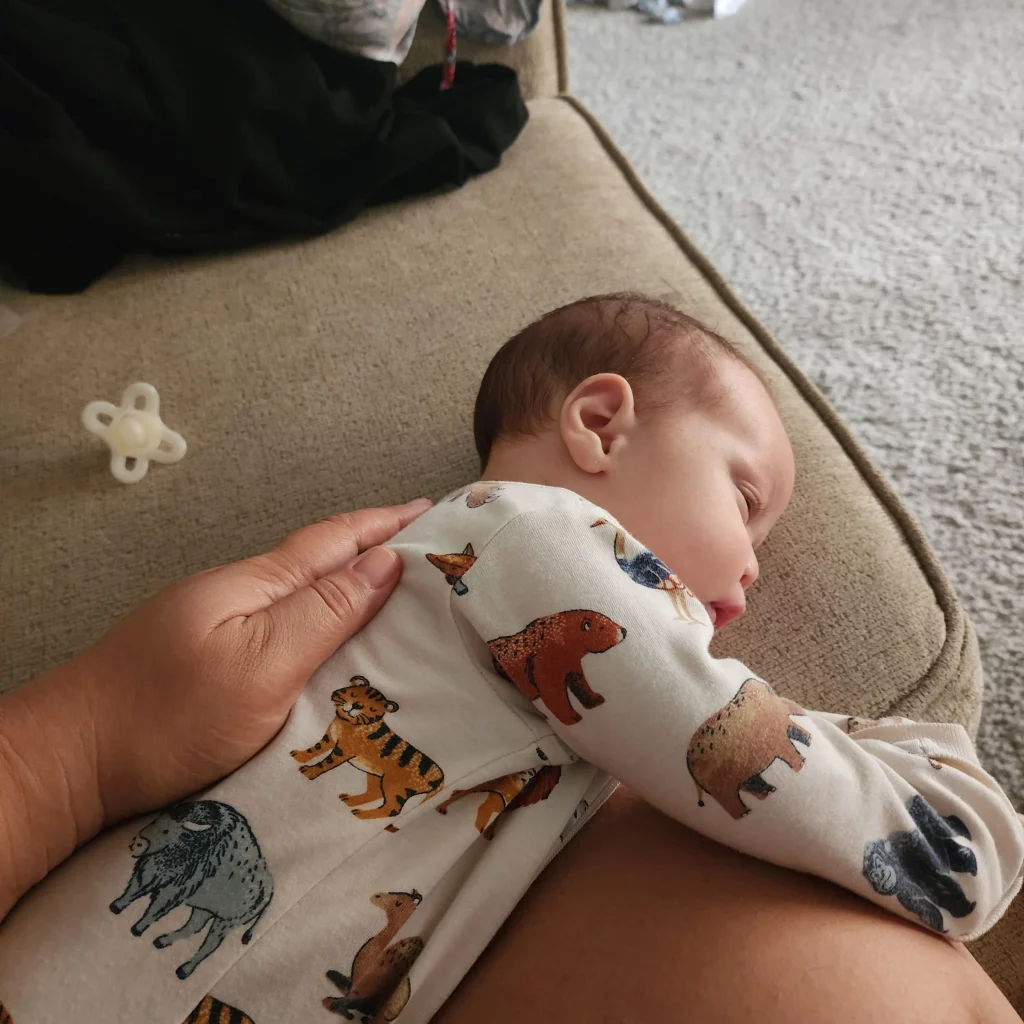 image source: reddit.com
image source: reddit.com
Babies naturally seek closeness and comfort from caregivers, but persistent clinginess or refusal to be put down could indicate separation anxiety, discomfort, or a need for reassurance. It's important to provide comforting touch and presence for your baby while also encouraging independence and exploration in a supportive manner.Advertisement
23. They don't want to play with toys
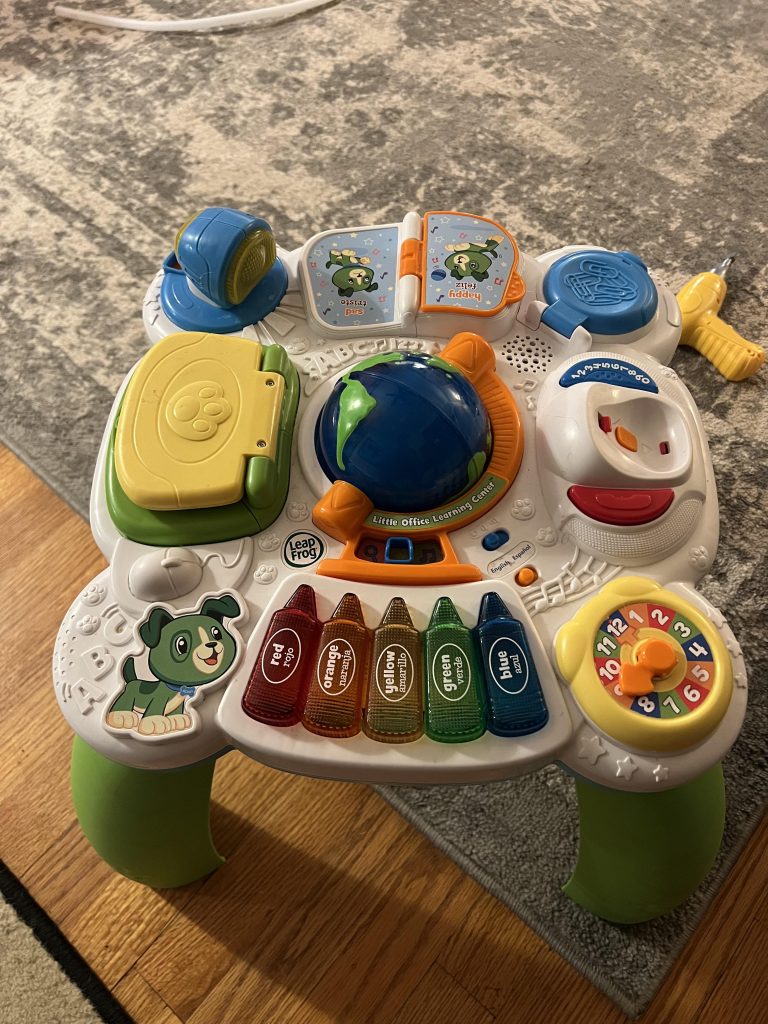 image source: reddit.com
image source: reddit.com
Play is essential for babies' development and learning, so an unwillingness to engage in play or interact with toys could indicate boredom, overstimulation, or discomfort. It's important to provide age-appropriate toys and activities and observe your baby's interests and preferences to encourage playful exploration and interaction.Advertisement
24. You never see them smile
 image source: community.whattoexpect.com
image source: community.whattoexpect.com
Eye contact and smiling are important forms of communication and bonding for babies, so difficulty making eye contact or smiling could indicate underlying issues such as anxiety, discomfort, or developmental delays. It's important to engage in positive and interactive interactions with your baby to strengthen your bond.Advertisement
25. They seem to have skin rashes or irritations
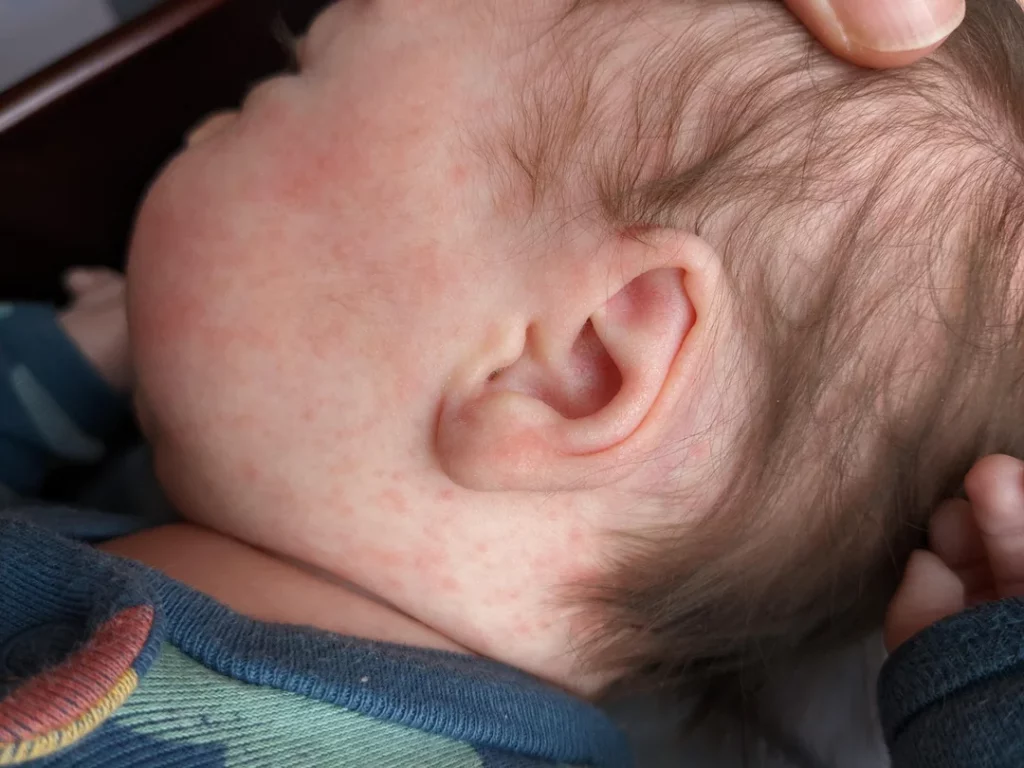 image source: reddit.com
image source: reddit.com
Skin rashes or irritations can cause discomfort and distress in babies, leading to fussiness and irritability. It's important to keep your baby's skin clean and dry and avoid potential irritants such as harsh chemicals or fabrics to prevent skin problems and promote comfort.Advertisement
26. They cough or wheeze a lot
 image source: reddit.com
image source: reddit.com
Coughing or wheezing can be signs of respiratory issues or allergies in babies, leading to discomfort and distress. It's important to monitor your baby's symptoms and consult with a healthcare professional if you have concerns about their respiratory health or well-being.Advertisement
27. They breathe rapidly (or even have difficulty breathing)
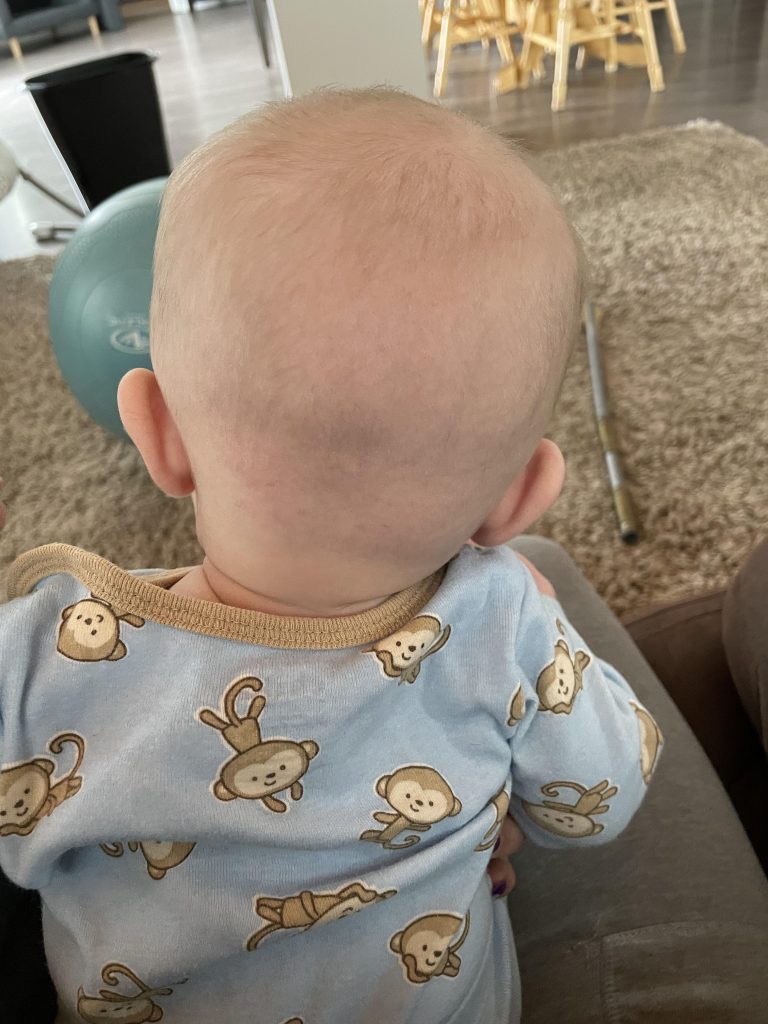 image source: reddit.com
image source: reddit.com
Difficulty breathing or rapid breathing patterns could indicate underlying respiratory issues or illnesses in babies, leading to discomfort and distress. It's important to monitor your baby's breathing and seek medical attention if you notice any concerning symptoms.Advertisement
28. They never stop yawning
 image source: newtonbaby.com
image source: newtonbaby.com
Yawning is a natural response to fatigue or boredom, but excessive yawning could indicate tiredness or discomfort in babies. It's important to ensure that your baby is well-rested and comfortable and provide opportunities for rest and relaxation as needed.Advertisement
29. You never hear them making babbling sounds
image source: reddit.com
Vocalizations and babbling are important milestones in babies' language development, so a refusal to make vocalizations or babbling sounds could indicate underlying issues such as hearing problems, developmental delays, or discomfort. It's important to engage in positive and interactive interactions,Advertisement
30. They're having problems with their bowel movements
 image source: reddit.com
image source: reddit.com
Changes in bowel movements can indicate underlying digestive issues or dietary problems in babies, leading to discomfort and distress. It's important to monitor your baby's bowel movements and consult with a healthcare professional if you notice any unusual changes or patterns that could indicate a problem.Advertisement
31. They have persistent hiccups
image source: reddit.com
Hiccups are common in babies and usually harmless, but persistent hiccups could indicate underlying discomfort or digestive issues. It's important to monitor your baby's hiccups and try soothing techniques such as feeding or burping to help alleviate any discomfort they may be experiencing.Advertisement
32. They have sudden mood changes
 image source: reddit.com
image source: reddit.com
Sudden changes in mood could indicate underlying issues such as overstimulation, fatigue, or discomfort in babies. It's important to observe your baby's behavior and try to identify any potential triggers or patterns in their mood changes to address their needs effectively.Advertisement
33. They never seek comfort from you
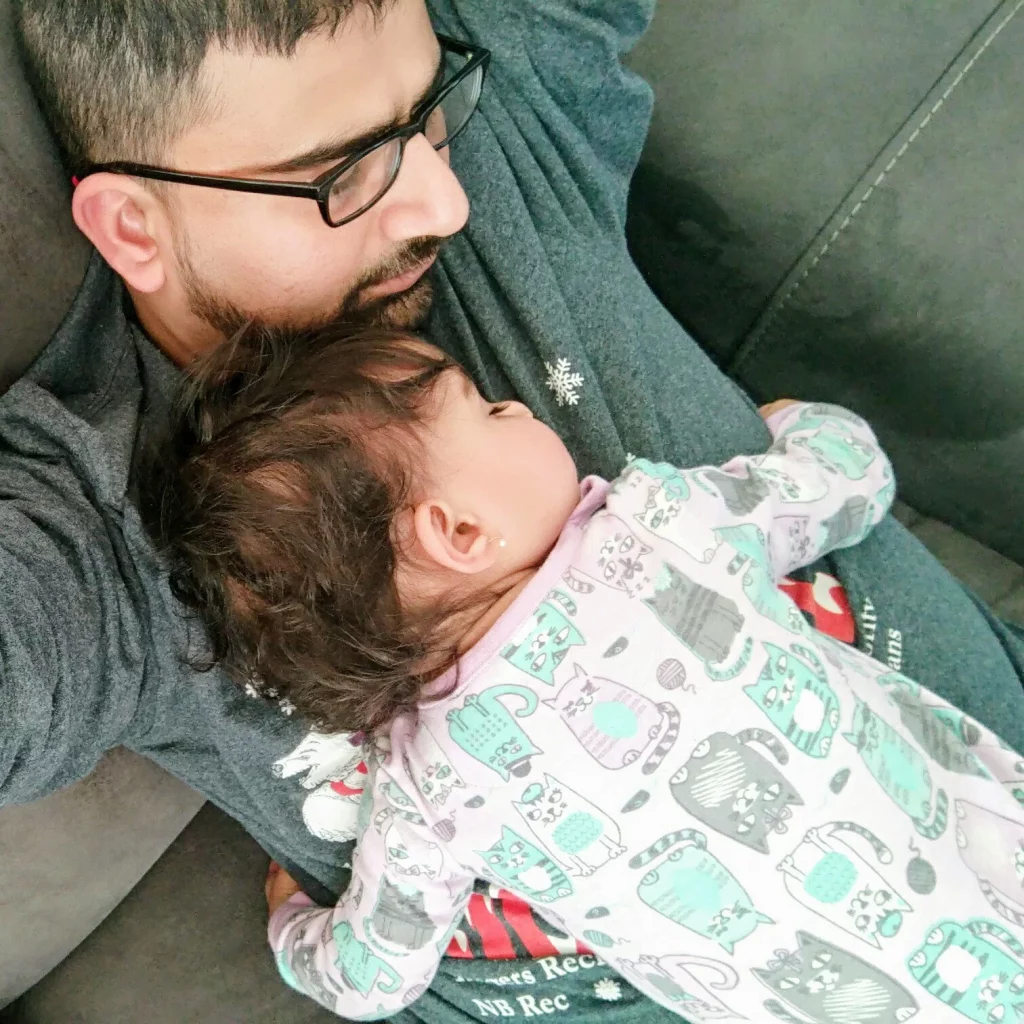 image source: reddit.com
image source: reddit.com
Babies typically seek comfort and reassurance from caregivers when they're upset, so an unwillingness to be comforted could indicate underlying issues such as anxiety, discomfort, or overstimulation. It's important to provide a calming and reassuring presence.Advertisement
34. They're always rubbing or scratching their skin
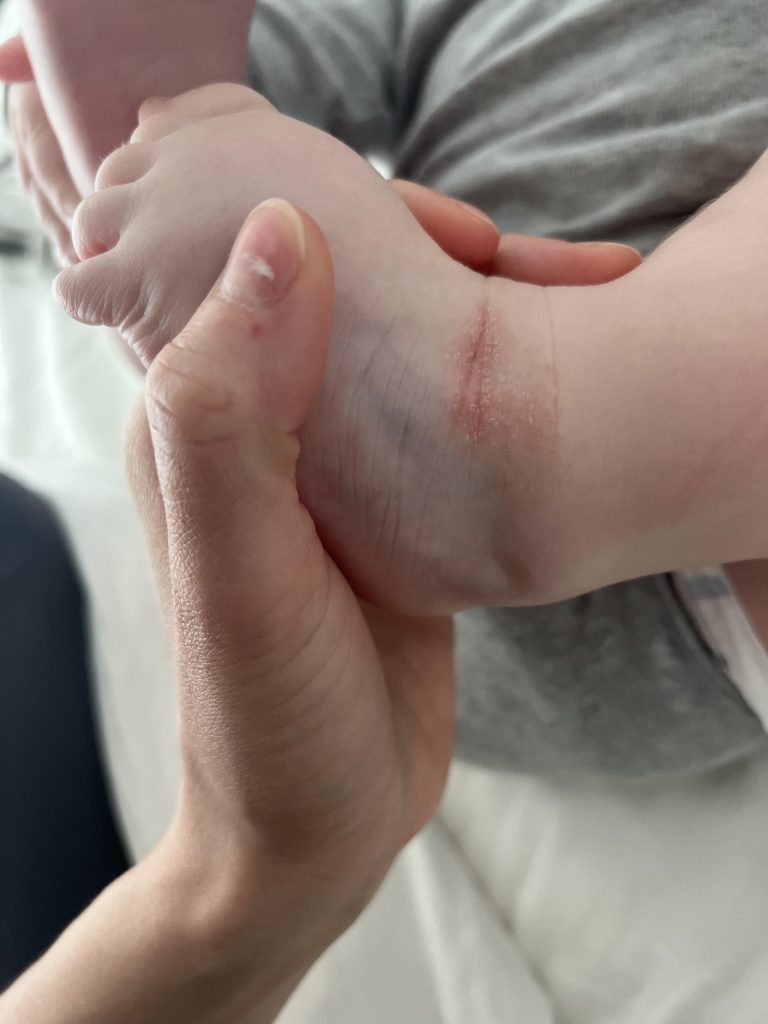 image source: reddit.com
image source: reddit.com
Rubbing or scratching of the skin could indicate skin irritation, allergies, or discomfort in babies. It's important to keep your baby's skin clean and moisturized and avoid potential irritants or allergens to prevent skin problems and promote comfort.Advertisement
35. They spit up right after feeding (or they might even be sick)
image source: reddit.com
Spitting up or vomiting occasionally after feeding is normal for babies, but excessive spitting up or vomiting could indicate underlying issues such as reflux, overfeeding, or food sensitivities. It's important to monitor your baby's symptoms and feeding habits.Advertisement
36. You've noticed unexplained changes in appetite
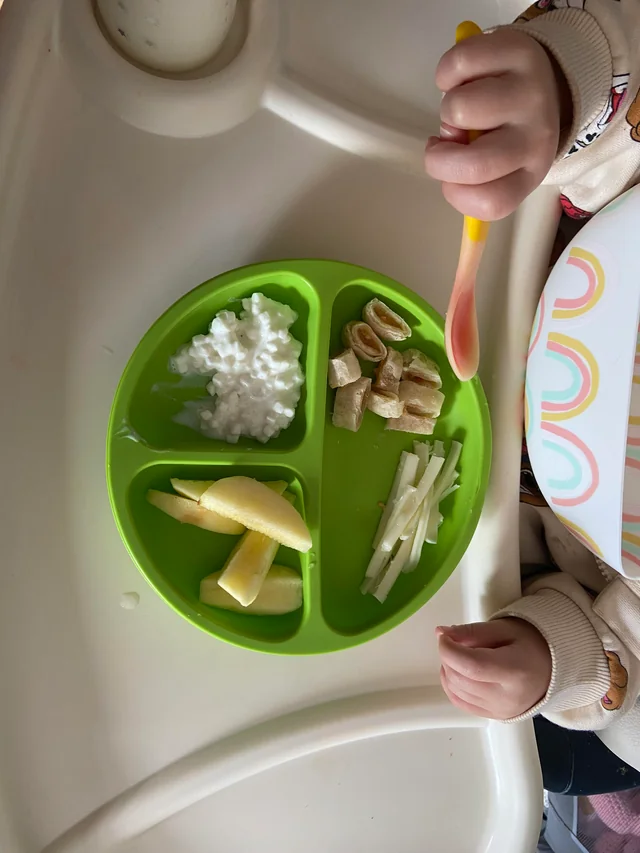 image source: reddit.com
image source: reddit.com
Changes in appetite can indicate underlying health issues or developmental changes in babies, leading to discomfort and distress. It's important to monitor your baby's feeding habits and consult with a healthcare professional if you notice any unusual changes or patterns that could indicate a problem.Advertisement
37. They're always fussy during diaper changes (or even baths)
 image source: reddit.com
image source: reddit.com
Diaper changes and baths are essential parts of baby care, but persistent fussiness during these activities could indicate discomfort or sensitivity to certain materials or products. It's important to use gentle and soothing techniques during diaper changes and baths.Advertisement
38. They have a strange smell
 image source: reddit.com
image source: reddit.com
Unusual body odor in babies could indicate underlying health issues such as infection or metabolic disorders, leading to discomfort and distress. It's important to monitor your baby's body odor and seek medical attention if you notice any unusual or concerning smells,Advertisement
39. They seem to have very weak limbs
 image source: reddit.com
image source: reddit.com
Drooping or weakness in limbs could indicate underlying issues such as fatigue, muscle weakness, or neurological problems in babies. It's important to monitor your baby's muscle tone and strength and consult with a healthcare professional if you have concerns about their motor development or physical health.Advertisement
40. You've noticed unexplained weight loss
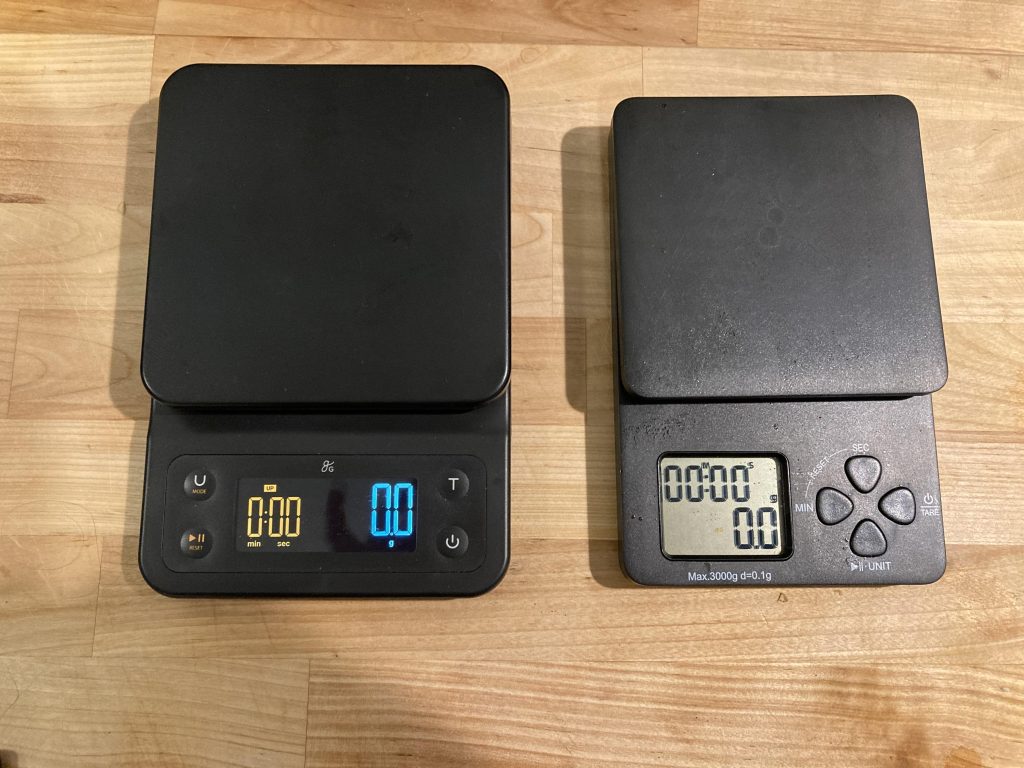 image source: reddit.com
image source: reddit.com
Weight loss or failure to thrive can indicate underlying health issues or feeding problems in babies, leading to discomfort and distress. It's important to monitor your baby's growth and development and consult with a healthcare professional if you notice any unusual or concerning changes in their weight or overall health.Advertisement
41. You find it impossible to console them
 image source: reddit.com
image source: reddit.com
Irritability and difficulty being consoled could indicate underlying issues such as anxiety, discomfort, or overstimulation in babies. It's important to provide a calm and soothing environment for your baby and try different soothing techniques to help them feel more settled and comfortable.Advertisement
42. They have a worrying temperature
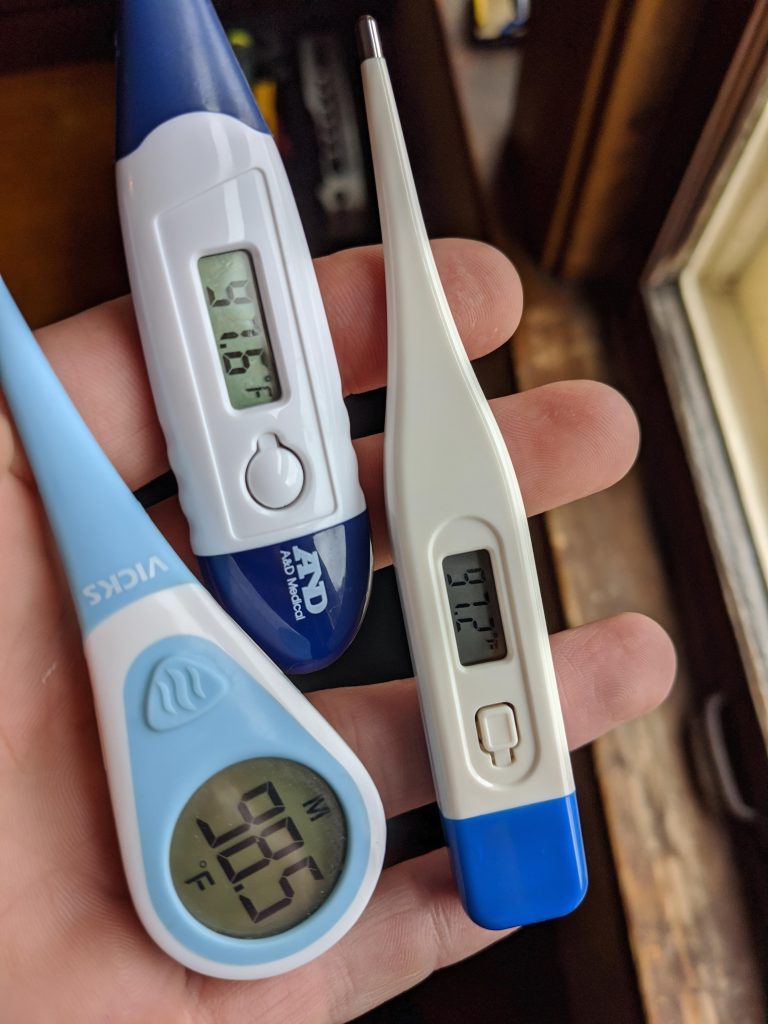 image source: reddit.com
image source: reddit.com
Changes in body temperature can indicate underlying health issues or infections in babies, leading to discomfort and distress. It's important to monitor your baby's body temperature and seek medical attention if you notice any unusual or concerning changes that could indicate a problem.Advertisement
43. They seem to have trouble swallowing during feeding
 image source: reddit.com
image source: reddit.com
Difficulty swallowing or gagging during feeding could indicate underlying feeding issues or anatomical problems in babies, leading to discomfort and distress. It's important to monitor your baby's feeding habits and consult with a healthcare professional if you notice any difficulties or concerns that could indicate a problem.Advertisement
44. They never stop sweating, even when it's cold
 image source: reddit.com
image source: reddit.com
Excessive sweating in babies could indicate underlying health issues such as fever, infection, or metabolic disorders, leading to discomfort and distress. It's important to monitor your baby's body temperature and seek medical attention if you notice any unusual or concerning signs of sweating.Advertisement
45. They have congestion that won't go away
image source: reddit.com
Coughing or congestion can indicate underlying respiratory issues or infections in babies, leading to discomfort and distress. It's important to monitor your baby's symptoms and seek medical attention if you notice any persistent or concerning signs of coughing or congestion that could indicate a problem.Advertisement
46. Changes in the color of their face
 image source: reddit.com
image source: reddit.com
Changes in facial color can indicate underlying health issues or circulation problems in babies, leading to discomfort and distress. It's important to monitor your baby's facial color and seek medical attention if you notice any unusual or concerning changes that could indicate a problem.Advertisement
47. Your baby won't make eye contact with anyone
 image source: reddit.com
image source: reddit.com
Eye contact is an important form of communication and bonding for babies, so refusal to make eye contact could indicate underlying issues such as anxiety, discomfort, or developmental delays. It's important to engage in positive and interactive interactions with your baby to strengthen your bond and encourage social development.Advertisement
48. Excessive sucking on their hands
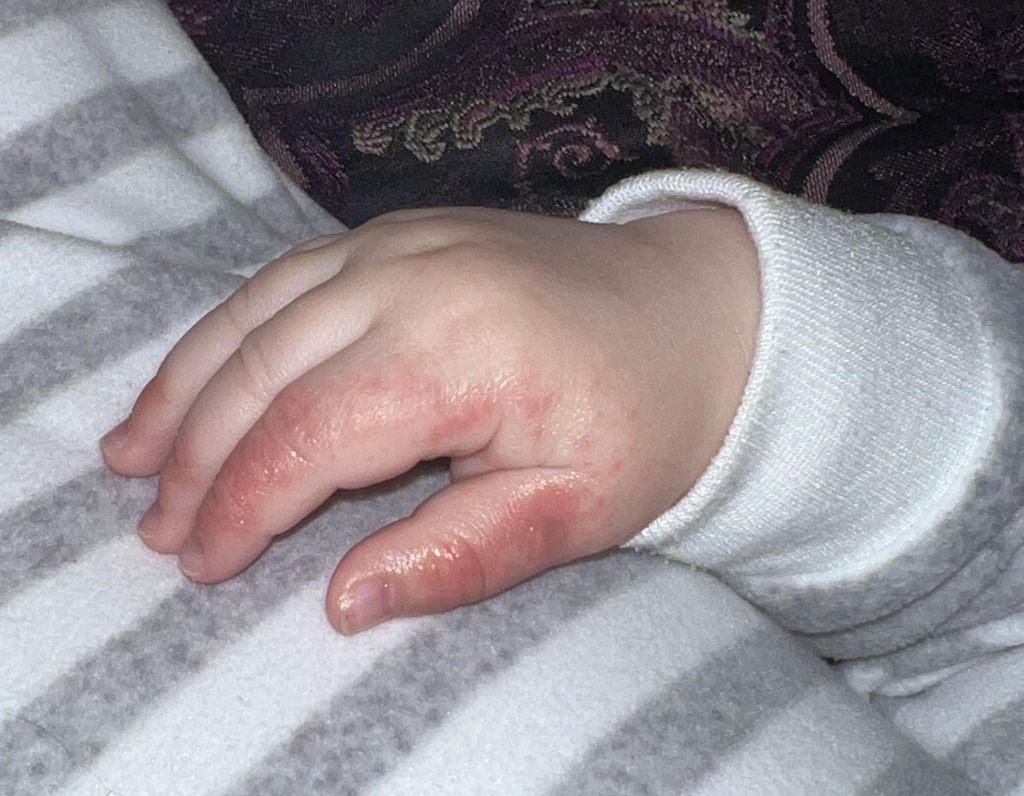 image source: reddit.com
image source: reddit.com
Babies often suck on their hands or fingers as a self-soothing behavior, but excessive sucking could indicate underlying issues such as hunger, discomfort, or boredom. It's important to monitor your baby's sucking habits and provide alternative soothing techniques.Advertisement
49. They always refuse to nap
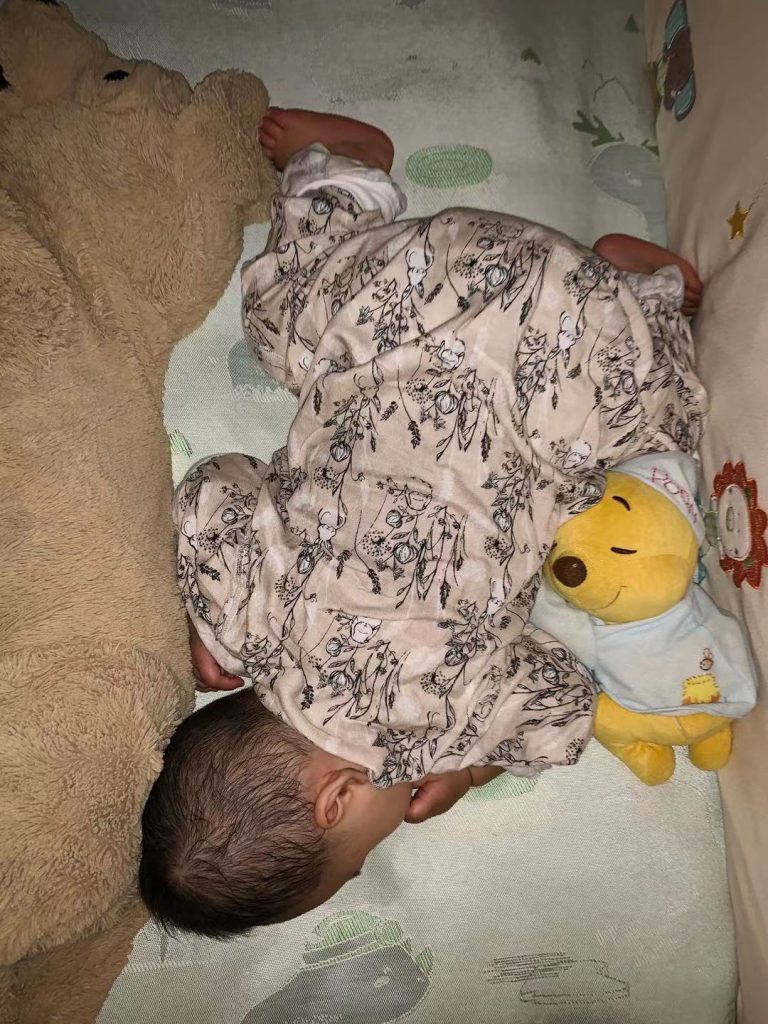 image source: reddit.com
image source: reddit.com
Adequate sleep is essential for babies' growth and development, so persistent refusal to nap or sleep could indicate underlying issues such as discomfort, overstimulation, or inconsistency in sleep routines. It's important to create a calm and soothing bedtime routine.Advertisement
50. They always seem to be lethargic
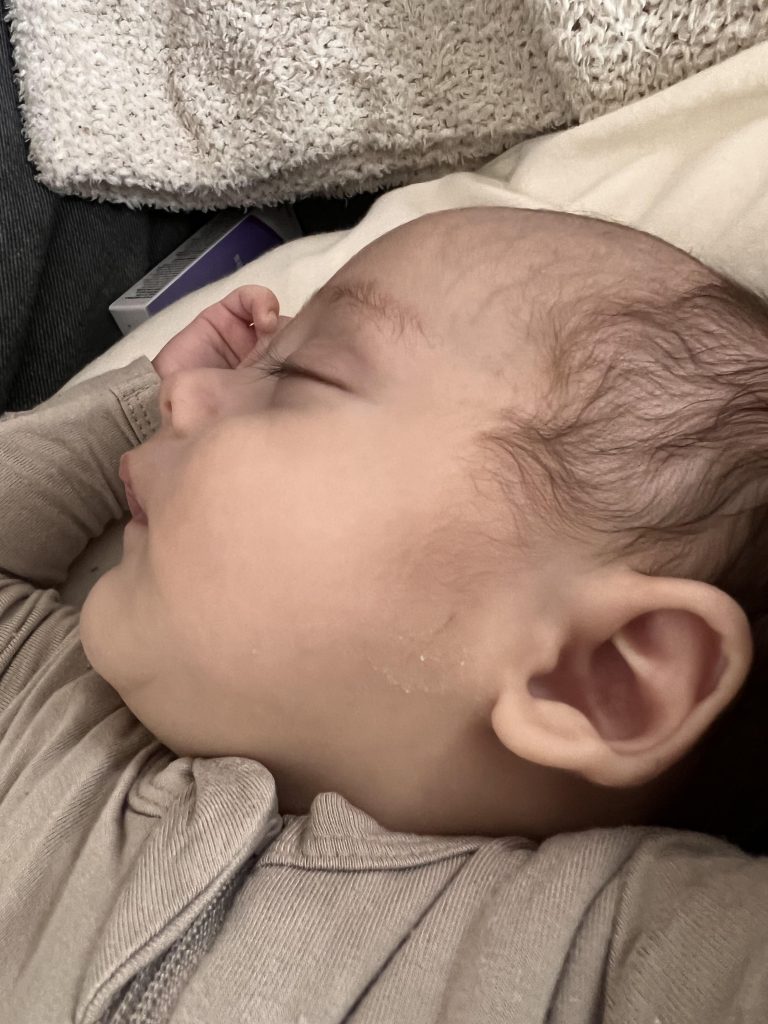 image source: reddit.com
image source: reddit.com
Changes in activity level can indicate underlying health issues or developmental changes in babies, leading to discomfort and distress. It's important to monitor your baby's activity level and seek medical attention if you notice any unusual or concerning changes that could indicate a problem.Advertisement





